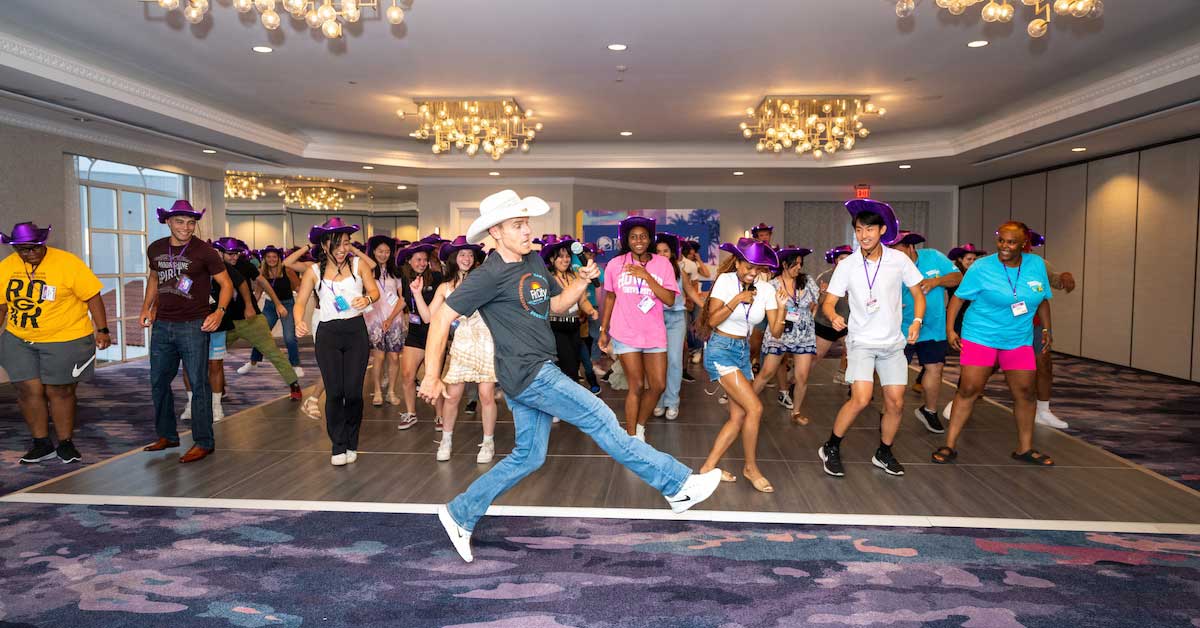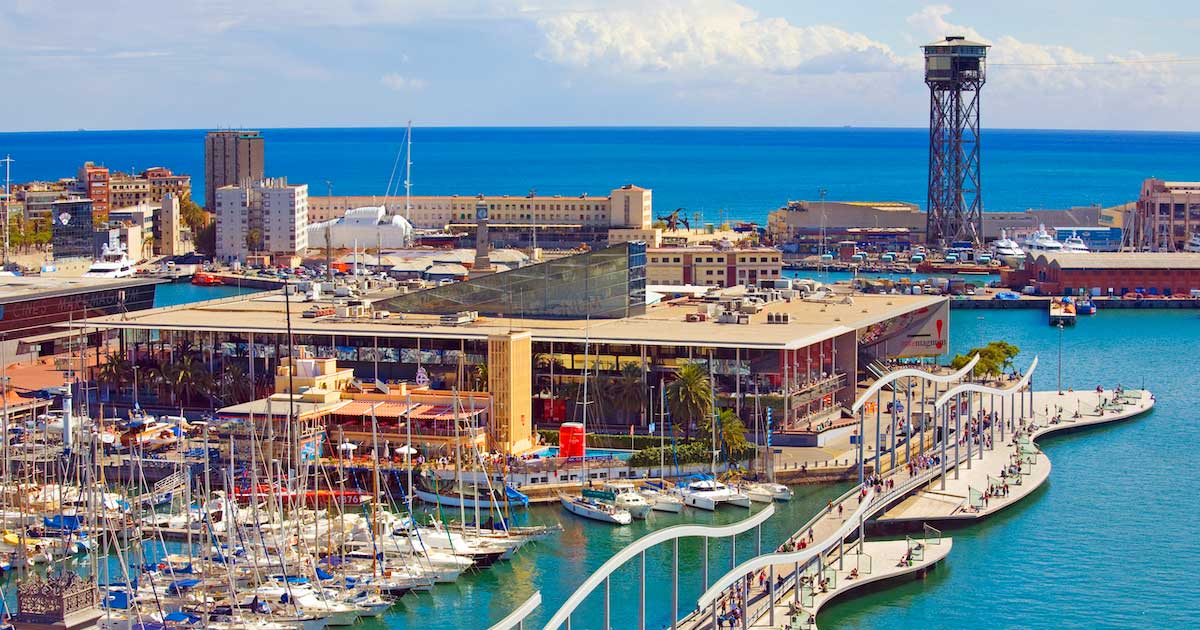Earlier this year, The Meeting Professional spoke with John Ehlenfeldt, CMP, CDME a member of the MPI Foundation Global Board of Trustees and president of DEI Consulting and Strategy and Janet Sperstad, CMP (MPI Wisconsin Chapter), faculty director of Madison College—a couple of veteran meeting professionals who are also part of the LGBTQ+ community—to learn about professional challenges they face because of who they are.
Shortly thereafter—in late June—Sperstad reached out, hoping we could do a follow-up interview. You see, after the U.S. Supreme Court’s ruling in 303 Creative LLC v. Elenis, which allows companies to discriminate based on gender or sexual orientation, well, the landscape has changed.
The following is an excerpt from my subsequent interview with Sperstad and Ehlenfeldt, an extended version of which is featured in the latest episode of MPI’s EVENTalks podcast. (Note: As this was an interview first, turned into a podcast as an afterthought because the conversation flowed better aurally, please excuse any related audio faults.)
What about the argument against boycotts in the meeting and event industry because it hurts the workers at a specific destination or with a certain company?
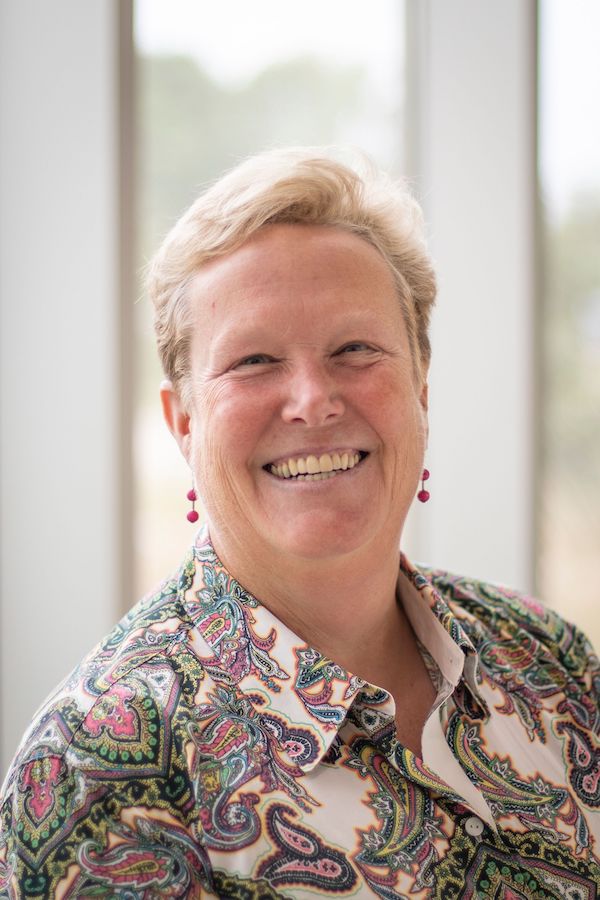
SPERSTAD: “It’s an easy argument, right, because you can rationalize it, it’s down to the people. ‘You’re hurting the workers who are in that destination.’ While it’s true that I’m not bringing my economics to that destination, the people who are being discriminated against are also suffering. So, it’s not an equal playing field. Those economics will go somewhere else, to a destination or company that is more welcoming, accepting… I don’t think [the impact of business loss for front-line workers] is equivalent to [potentially fatal outcomes due to] discrimination. I don’t think that’s a fair or equal argument.”
How does this work out well for a destination then?
SPERSTAD: “It doesn’t. I think, ultimately, for a country to be healthy and surviving, you need to have healthy and successful citizens. Those people are supported to reach their potential physically, emotionally, mentally, you have public education, you have public health, all those things. When you start discriminating and denigrating those citizens, they don’t become their best selves. You don’t have a thriving country.”
“If [the LGBTQ community] went underground and we took all of our skills away from the event, hospitality and tourism industry, how much would the industry suffer? A lot. So, if we were discriminated against for employment, housing, and said, ‘Nope, we’re taking our skills elsewhere,’ if our community did that, what would the impact be? That’s another question that should be raised: If we don’t support this and these skilled workers leave, the next generation will be like, ‘I’m out, I’m not investing in [an events career].’ And we already have a worker issue. I talk to employers all the time about the language they use, [and how they’re seen], because if people can’t see it, they can’t be it and they’re taking their skills elsewhere.”
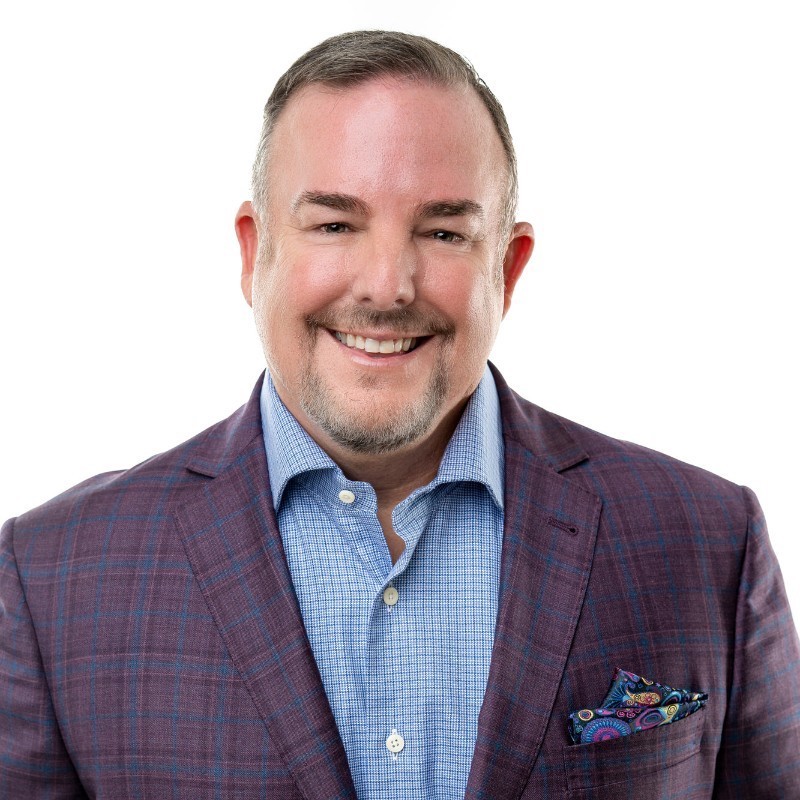
EHLENFELDT: “The LGBTQ community makes up probably 10% of the U.S. population—that’s not going to be sufficient to make something change. But with the support of allies, it can. So, reach out, tell your stories to them, make sure they’re then telling those stories to their network of folks because that’s where you’re going to create a grassroots movement that’s going to be an element of change for the better.”
“It’s important to send a message that this isn’t only a personal view that Janet and I have, it really is rooted in metrics and sound reasoning. I took the extra effort to be certified in diversity, equity and inclusion through Cornell University because it’s a passion of mine. This isn’t a personally motivated thought for us, it’s an opinion about the nervousness for all of Americans that these laws are going to affect. Yes, this one is specific to the LGBTQ community, but it opens that door for discrimination against a wide swath of other minority or marginalized groups in this country.”
“There are metrics behind that that show diversity of thought that has a pool like that has led to companies being 23% more profitable. There are actual metrics and case studies out there that prove it isn’t just a pie-in-the-sky, kumbaya, make-sure-everybody’s-included-and-feels-good [thing], there’s actual business sense to it that makes companies more profitable. I think that’s an important story to tell. I like including those metrics because people think, ‘Of course, you like diversity, equity and inclusion because you’re part of the LGBTQ community, it affects you.’ It has nothing to do with that and it has to do with [the fact that it’s] a powerful engine and you’re bringing this different pool of thought together and those are the things that transform companies and transform lives.”
SPERSTAD: “Yup. That’s where innovation happens.”
Listen to the extended discussion in episode 19 of MPI's EVENTalks podcast!
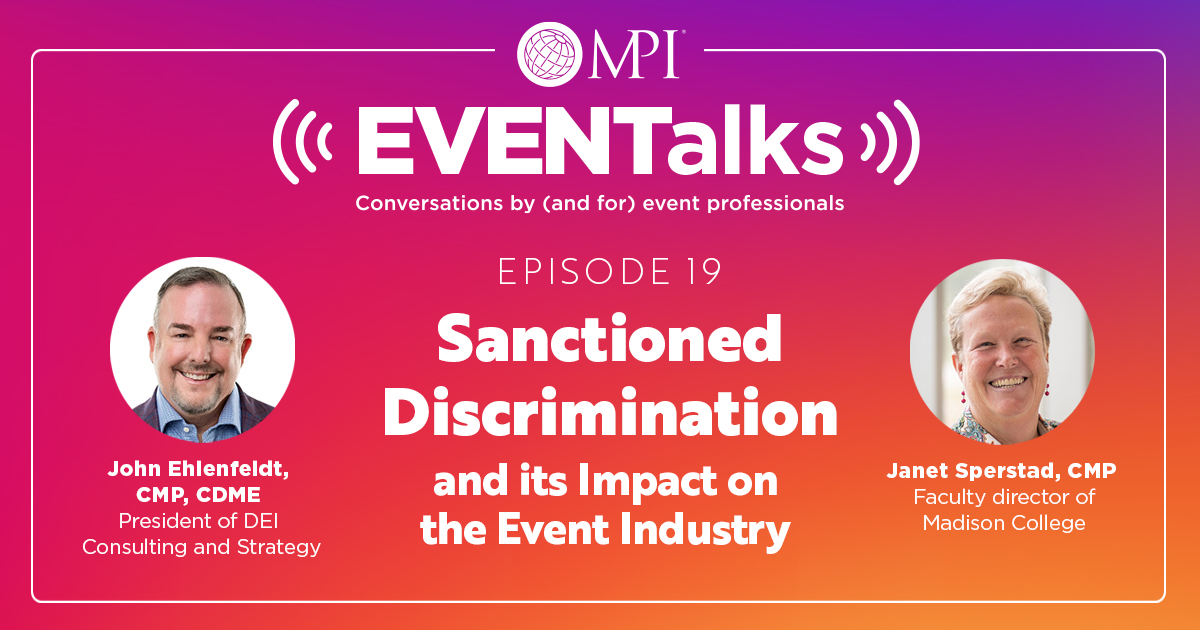


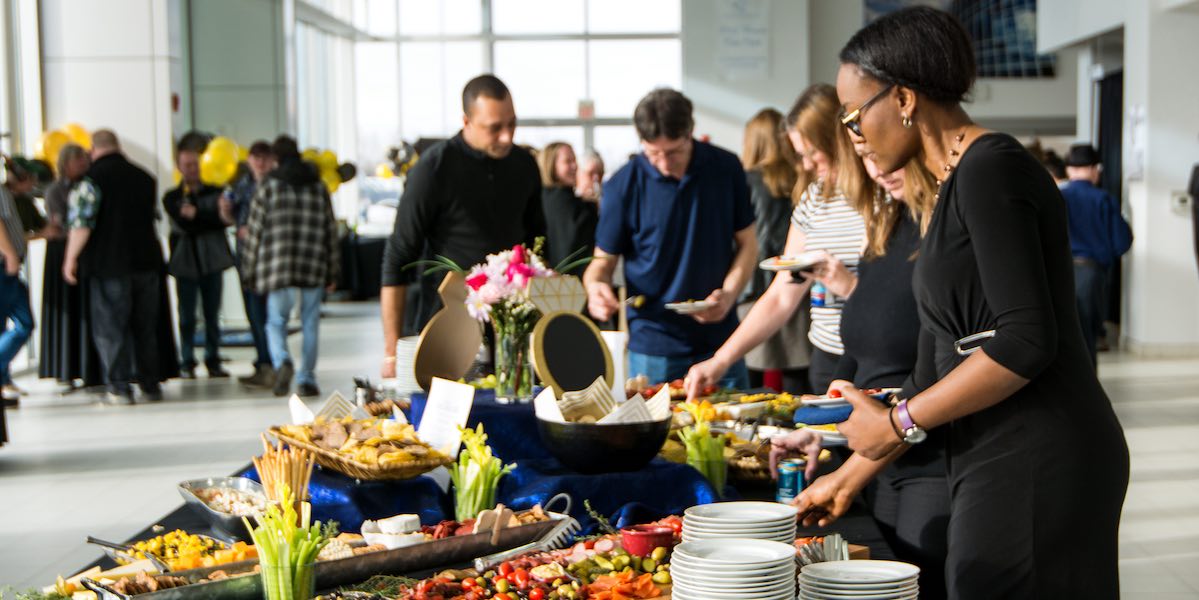
.jpeg?sfvrsn=96553155_2)
